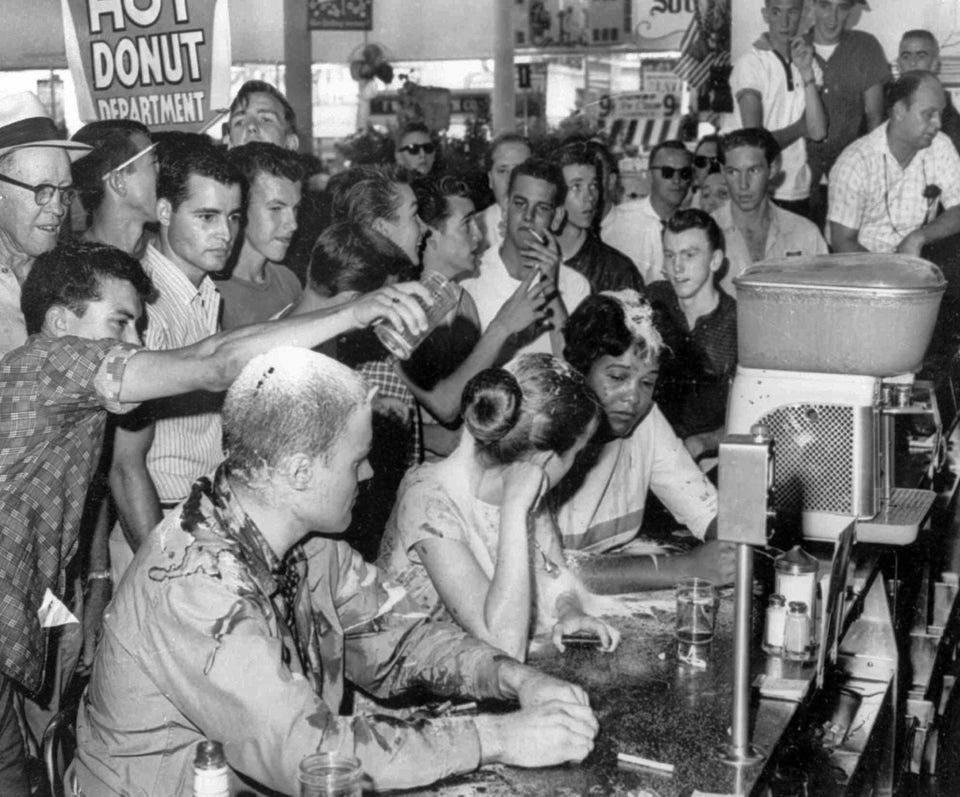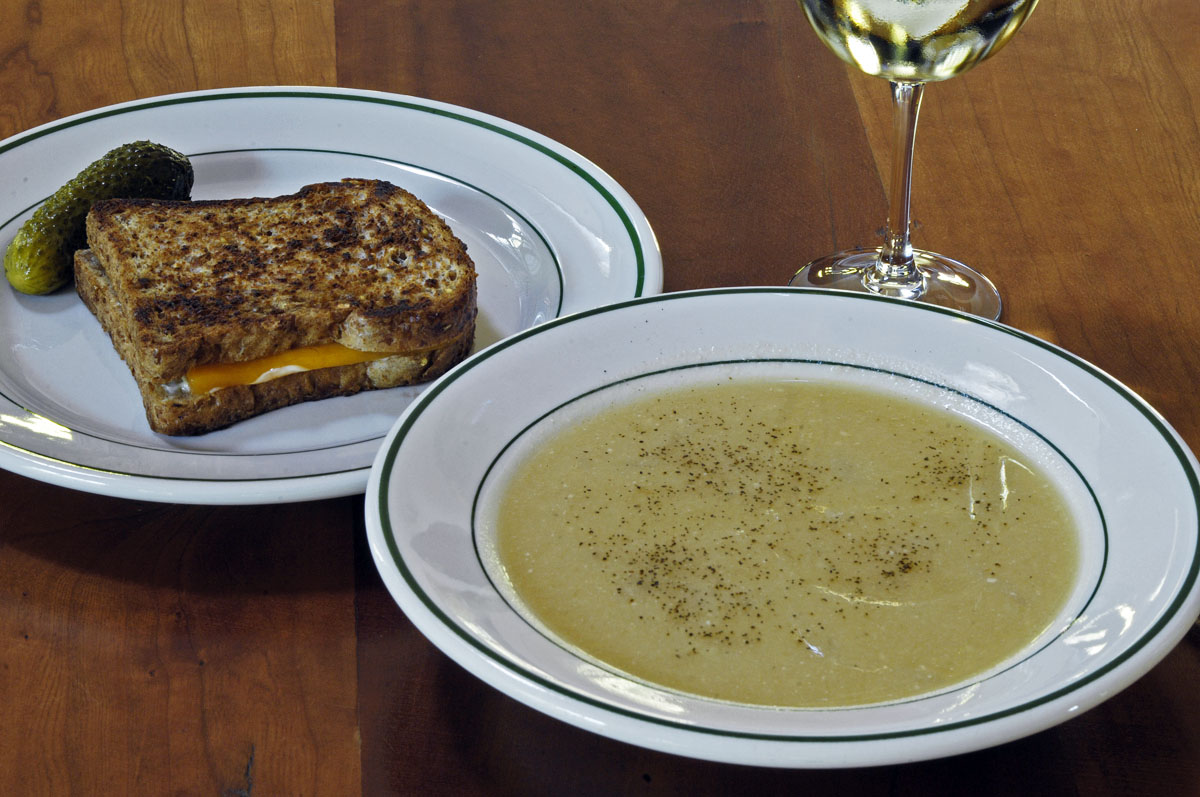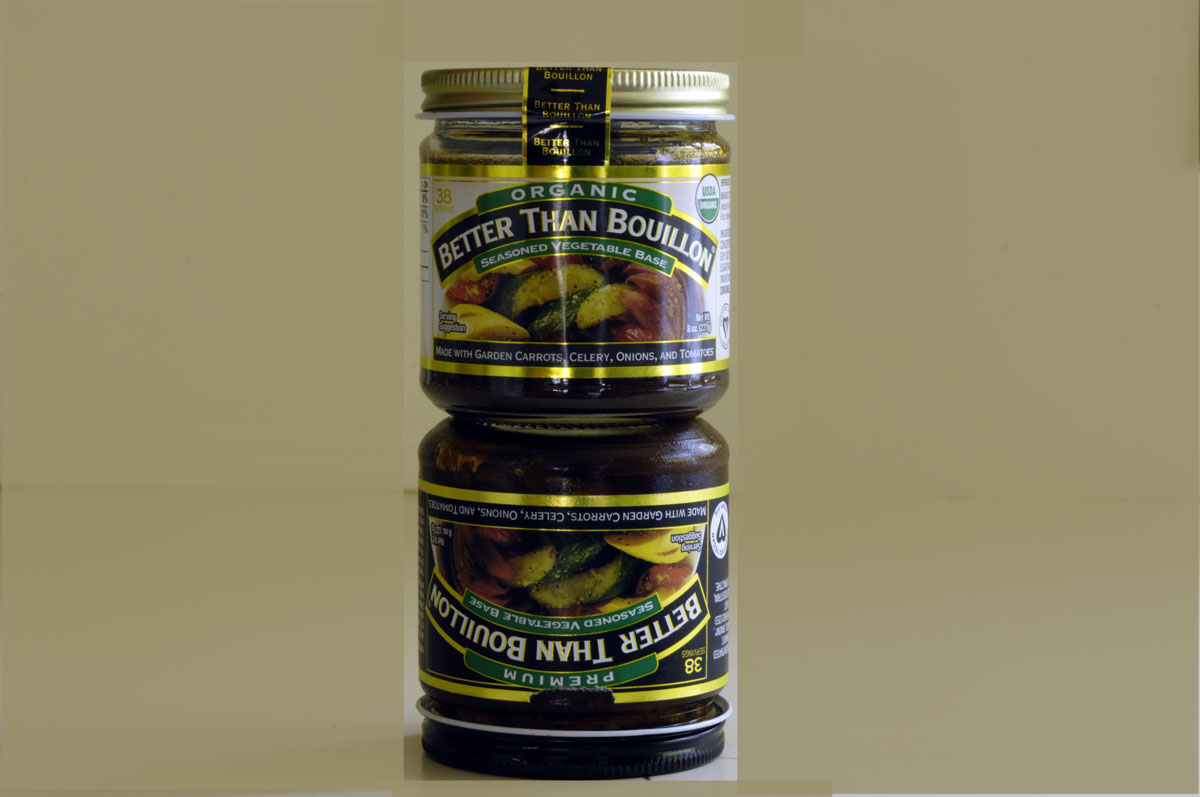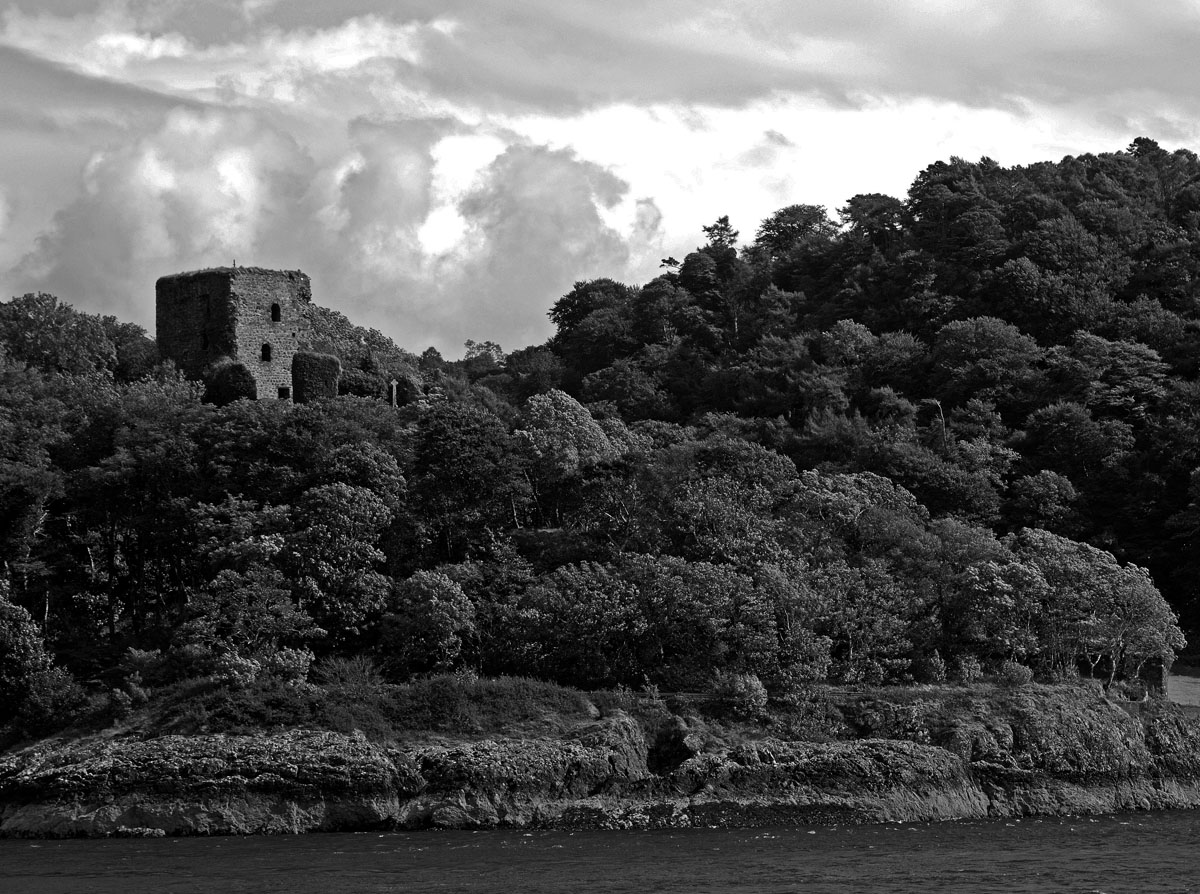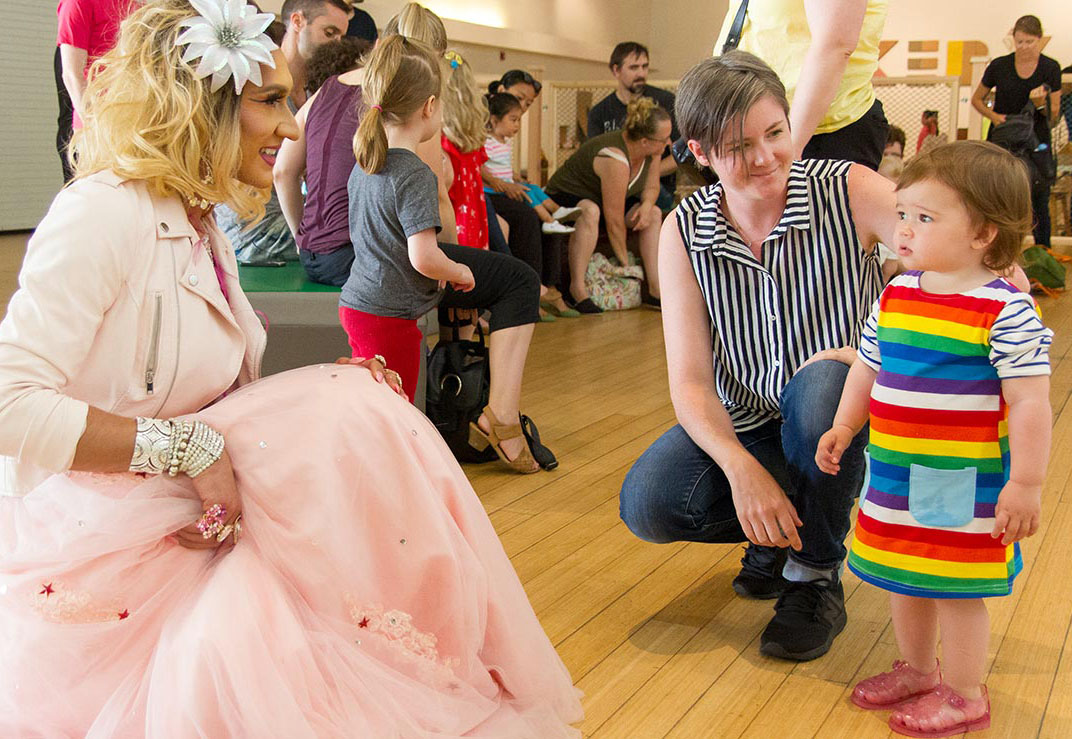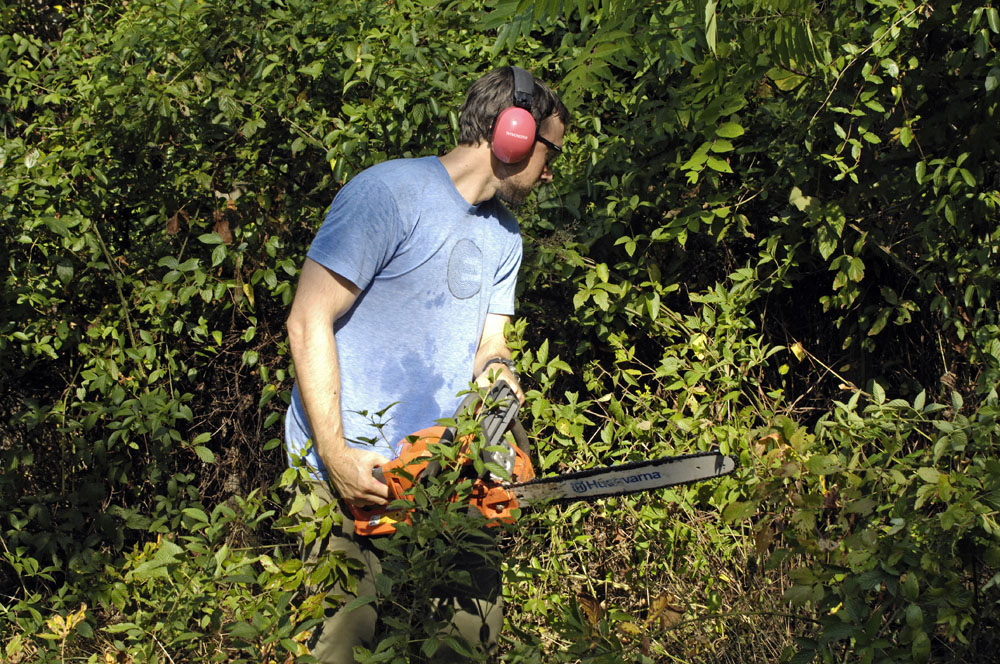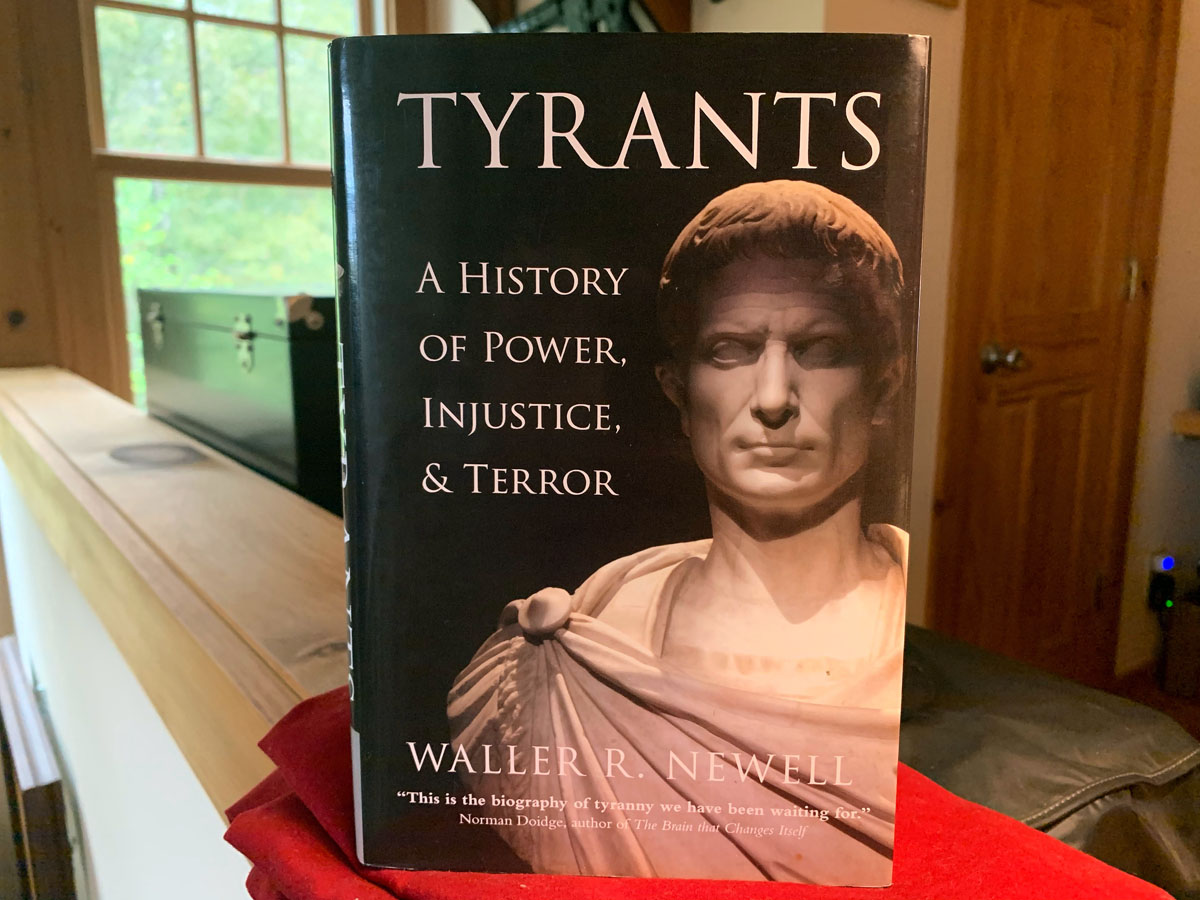
Tyrants: A History of Power, Injustice, and Terror. Waller R. Newell, Cambridge University Press, 2016. 254 pages.
The Crisis of Church and State 1050-1300. Brian Tierney, Prentice-Hall, 1964. 212 pages.
One book leads to another. While reading Nigel Tranter’s historical novel Sword of State, set in Scotland in the early 1200’s, one thing that struck me was the niceness of the Scottish and English kings compared with the nastiness of the pope. The pope (Innocent IV) was constantly trying to lord it over the kings, wanting money, armies, and more power. The pope’s beating-stick was excommunication, and his carrot was get-out-of-hell-free cards. The pope’s representative was forever schlepping back and forth from Rome with some threat or demand or another. The pope also was politically stupid and fell for the conspiracy theories of wicked nobles who hatched plots to pit the pope against the crown in hopes of getting the crown for themselves. As for the armies and the money, the pope needed that for his genocidal holy wars in the “Holy Land.”
Tranter’s fictional account made me wonder whether the 13th Century popes really were that bad. That led me to a classic work on this subject, Brian Tierney’s The Crisis of Church and State 1050-1300. Yes, the popes really were that bad.
Part of the beauty of Tierney’s book is that he lets the popes speak for themselves by quoting from the bulls and decrees that the popes were forever cranking out. English translations of medieval church documents are not all that easy to come by, even now — especially the ugly bits. It’s strange, but much of the history of the church remains available only to those who read Latin. Most of those who read Latin — at least so it seems to me — are Catholic historians and theologians, who are happy to tell us about the pretty parts and let the ugly bits remain untranslated on backroom shelves at the older universities. In any case, the popes of the 13th Century were villains who lusted for riches and earthly power. Not only did they claim power over kings, one of them even claimed to own all the riches of the entire material world. If you crossed a pope, he’d consign you to hell, and of course people believed then that popes had the power to do that. The constant conflict between Pope Boniface VIII and Phillip IV of France was particularly vicious. Both were tyrants, and eventually they pretty much destroyed each other. Tyrant or not, I found myself cheering for Phillip IV. And frankly, I think we should be grateful to every king who ever told a pope to kiss his ass, including Henry VIII of England. Henry was a tyrant, but at least he freed England, early on, from the tyranny of Rome (if not from the soon-to-come Puritan Cromwell and the Reformation).
I considered reading more about this war between kings and popes in the 13th Century, but I realized that what I was really interested in was the history of tyrants. That led me to a quite new book on this subject, Tyrants: A History of Power, Injustice, and Terror.
Newell is skeptical of the idea that there is an arc of history that bends toward justice. His evidence is stark enough. That’s that some of the worst and most murderous tyrants in history are from the 20th Century. Newell describes three categories of tyrants: garden variety tyrants, who exploit a country for their own fun and profit; reforming tyrants, who often use their tyranny to do some good; and “millenarian” tyrants, who have some kind of mystical vision of a heaven on earth that can be achieved only by terror and genocide. As examples of reforming tyrants, think of Alexander the Great, or some of Rome’s emperors. The millenarian tyrant, Newell believes, did not exist until relatively recently. Robespierre was the first, followed by Stalin, Hitler, Chairman Mao, and Pol Pot.
Wikipedia’s definition of millenarian is: “the belief by a religious, social, or political group or movement in a coming fundamental transformation of society, after which ‘all things will be changed.'” In our time, millenarianism has particularly close connections to Christianity.
Newell’s book was published in 2016, too early for Trump. But Newell has a great deal to say about Vladimir Putin, whom he describes as a “reformer and kleptocrat with a dash of the millenarian.” Among Putin’s worst deeds, Newell cites Putin’s treatment of Ukraine. I Googled to try to discover what Newell thinks of Trump, and all I found was this article from 2016, before Trump even took office. Newell writes that, though Trump is a demogogue “who mirrors the worst qualities of the mob,” Trump is not a fascist, as Robert Kagan had argued in the Washington Post. Newell’s point is that it’s wrong to compare Trump with a Hitler or a Stalin, who were responsible for the deaths of millions. Fair enough.
If you asked me, I would say that Trump is a garden variety tyrant. Trump is a kleptocrat, in it for the money and power and the pleasure of dominating others. Trump is far too stupid and idea-free to have any interest in reform. And though many of Trump’s base (evangelicals who think that Trump was sent by God, for example) are millenarians, Trump is just too petty, lazy, and self-absorbed to be a dreamer or utopian.
Speaking of Trump, I have been as absorbed in the slow train wreck of Trump’s destruction as I’m sure the rest of you have. I haven’t posted about Trump for more than a week because events are moving so quickly that it’s hard to keep up. Plus, I think that the media (that excludes Fox News, of course) are getting things about right. Impeachment has become a media circus, a roadside crash from which we can’t avert our eyes, just like Trump’s campaign in 2016. Trump rode the media circus up back then, and now the media circus will ride Trump all the way down. There’s a sick justice in that. Television ratings enabled his rise, and now television ratings will drive the exposure of his crimes and the spectacle of his fall.
Though I admit that I am enjoying the Schadenfreude of watching Trump supporters’ taunting and gloating turn into panic and rage, I’m also trying not to gloat — not yet, anyway. I believe that Nancy Pelosi was right to say that impeachment should be respectful, solemn, and worthy of the Constitution. Not until that process is done, and the last helicopter comes to carry Trump away, can we break out the champagne and ring the church bells.
The next book I’m reading is coming in the mail today. The book is This Is Not Propaganda: Adventures in the War Against Reality, by Peter Pomerantsev. Pomerantsev had an important op-ed in the New York Times on Sunday. The article is “Rudy Giuliani Welcomes You To Eastern Europe: So much about the Trump administration seems pulled from the playbook of a post-Soviet kleptocracy.” I have long been a student of propaganda, always interested in reverse-compiling propaganda to try to work out whose purpose, and what purpose, it serves. In the 1970s, I spent hours listening to propaganda on shortwave radio, including Radio Moscow. The state of the art in deception and propaganda had passed from Hitler’s Germany to the Soviet Union. But something fundamental has changed between the Soviet era and the Putin era. Pomerantsev puts his finger on it. Once upon a time, propaganda contained ideas, and its purpose was to persuade. The new state of the art in propaganda is not about persuasion. It’s about keeping us confused — so confused that we give up on the idea of objective truth. This perverts the media and paralyzes the work of democracy.
As I have said here before, it’s no longer regarded as “serious” to use the word propaganda. As an academic friend said recently in an email, “We’re not allowed to study or discuss propaganda.” It is bold for Pomerantsev to even use the word propaganda in the New York Times. As I see it, we are all swept up in a world war of propaganda (Pomerantsev calls it information warfare), but for some reason we’re not supposed to talk about it. I believe this is because our mainstream media remains stuck in dangerous journalistic ethic that requires it to repeat lies in the name of fairness and balance. This ethic is at last being challenged. Jennifer Rubin wrote about it yesterday in the Washington Post: “The media figured it out, just in the nick of time.” That’s also what we saw on Meet the Press last Sunday, when Chuck Todd berated Sen. Ron Johnson because Johnson wouldn’t answer a question and instead kept repeating “Fox News conspiracy propaganda stuff.” Note that Todd also used the forbidden word propaganda.
I remain optimistic that, when the dust settles, Donald Trump will be in prison, the deplorables will go off and sulk in their stinky corners rather than gloating in our faces, and the media will have learned a lesson about letting liars get away with lying. But we need to buckle up, because we’re not there yet.
I’ll have a review of Pomerantsev’s book soon.
Update:
Before I leave the subject of Trump and tyranny, we should remind ourselves of a point that is a little outside the scope of Newell’s book. That’s that tyrants — especially tyrants of the millenarian sort — appeal to a frighteningly large portion of the population. Tyrants depend on these people for their political support and for getting the dirty work done. Both Stalin and Hitler were widely popular, as is Donald Trump.
The history of meanness and the history of tyrants really are the same. The photo below was taken in a lunch counter in Jackson, Mississippi, in 1963. You can be pretty sure that those white teenagers in the photo are now old white Republicans who have hitched their meanness to Trump’s tyranny.
